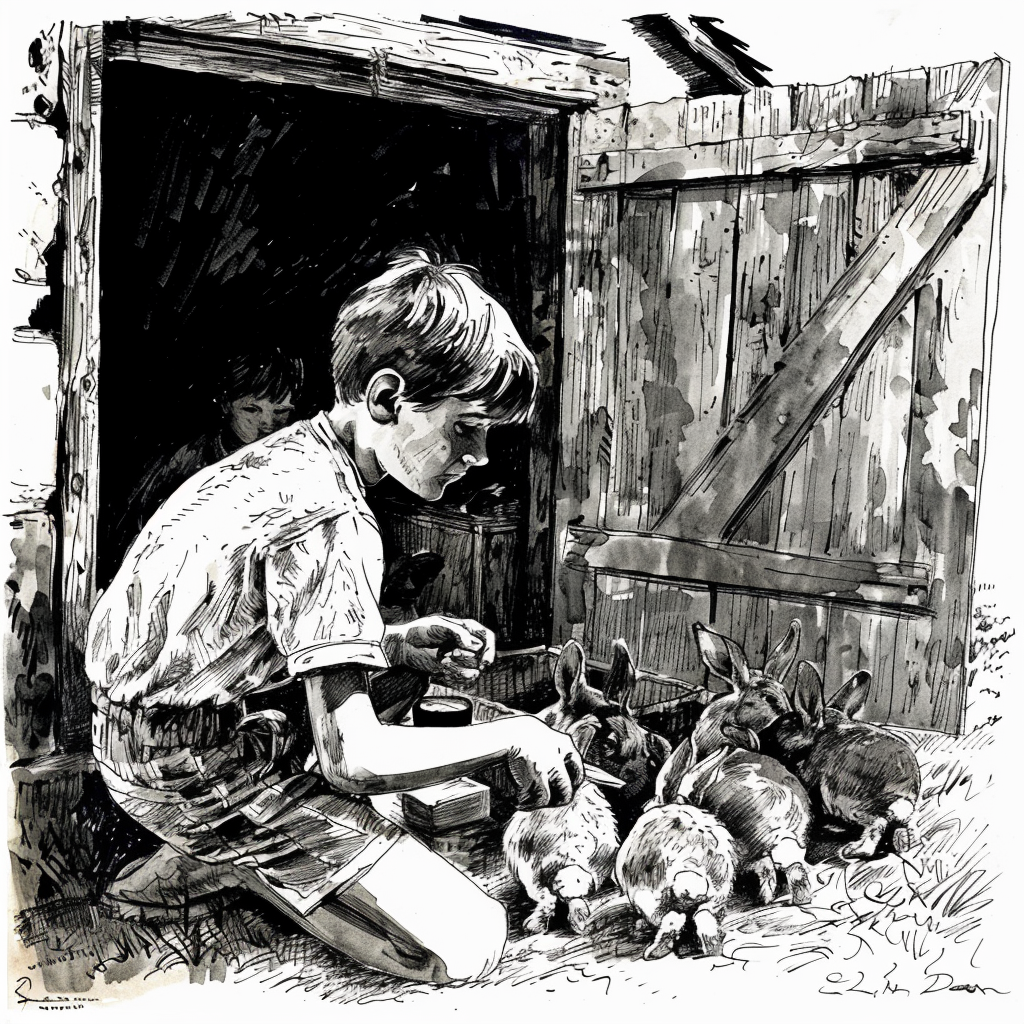Most of the harvest help fell during the summer vacations, it did not so much diminish the lessons, but our free time. The autumn vacations were called ‘potato vacations’ anyway, which meant that we had to help vigorously with the harvest of this especially important food.
This post has been moved. Please follow us on Medium to read and/or listen (!) to it in full.
This is a supporter-funded publication. To receive new contributions and promote my work, become a subscriber:
